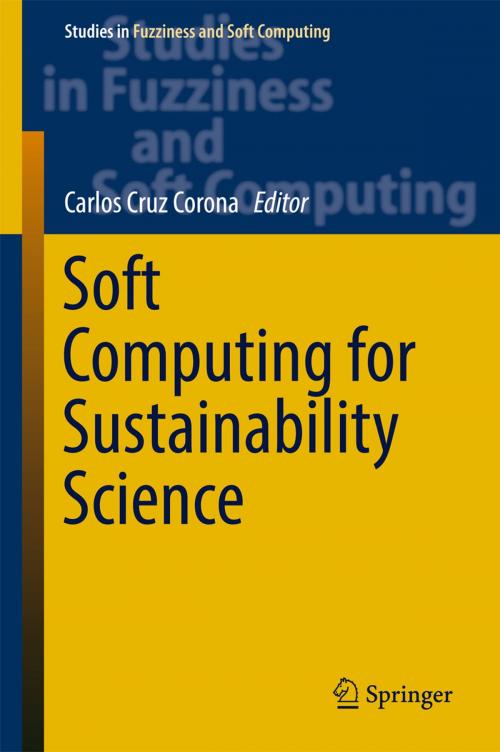Soft Computing for Sustainability Science
Nonfiction, Computers, Advanced Computing, Artificial Intelligence, Business & Finance, Economics, Sustainable Development, General Computing| Author: | ISBN: | 9783319623597 | |
| Publisher: | Springer International Publishing | Publication: | July 12, 2017 |
| Imprint: | Springer | Language: | English |
| Author: | |
| ISBN: | 9783319623597 |
| Publisher: | Springer International Publishing |
| Publication: | July 12, 2017 |
| Imprint: | Springer |
| Language: | English |
This book offers a timely snapshot of soft computing methodologies and their applications to various problems related to sustainability, including electric energy consumption; fault diagnosis; vessel fuel consumption; determining the best sites for new malls; maritime port projects; and ad-hoc vehicular networks. Further, it demonstrates how metaheuristics and machine learning methods, fuzzy linear programming, neural networks, computing with words, linguistic models and other soft computing methods can be efficiently used to solve real-world problems. Intended as a practice-oriented guide for students, researchers, and professionals working at the interface between computer science, industrial engineering, naval engineering, agriculture, and sustainable development / climate change research, it provides readers with a set of intelligent solutions, helping them answer a range of emerging questions related to sustainability.
This book offers a timely snapshot of soft computing methodologies and their applications to various problems related to sustainability, including electric energy consumption; fault diagnosis; vessel fuel consumption; determining the best sites for new malls; maritime port projects; and ad-hoc vehicular networks. Further, it demonstrates how metaheuristics and machine learning methods, fuzzy linear programming, neural networks, computing with words, linguistic models and other soft computing methods can be efficiently used to solve real-world problems. Intended as a practice-oriented guide for students, researchers, and professionals working at the interface between computer science, industrial engineering, naval engineering, agriculture, and sustainable development / climate change research, it provides readers with a set of intelligent solutions, helping them answer a range of emerging questions related to sustainability.















